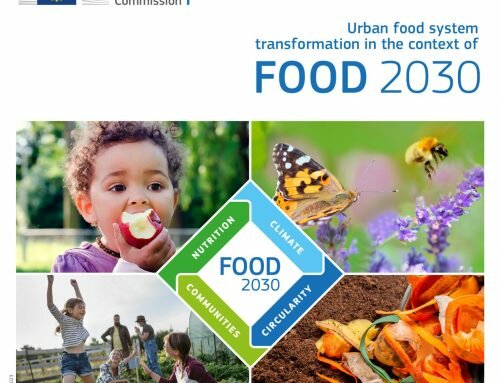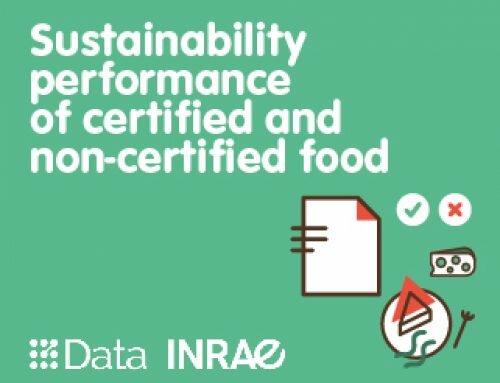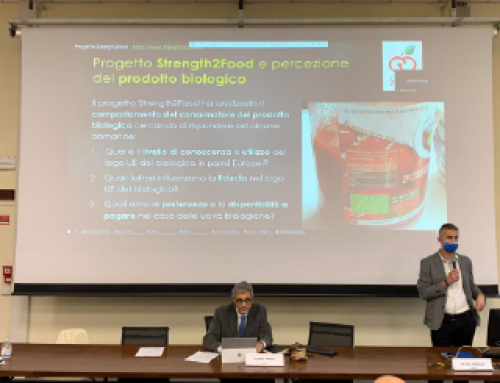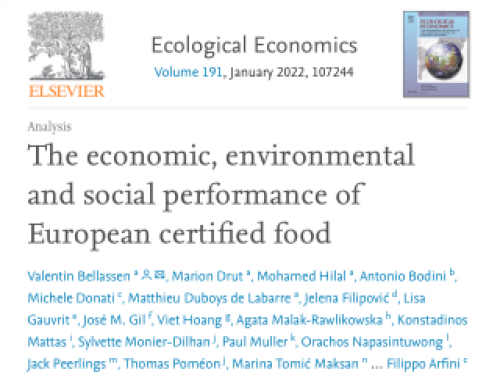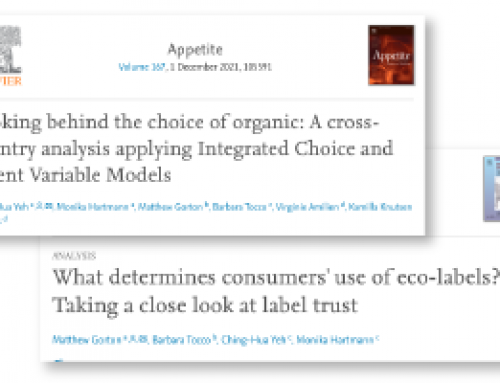The present food system faces major challenges in terms of sustainable development along social, economic and environmental dimensions. These challenges are often associated with industrialised production processes and longer and less transparent distribution chains. Thus, closer distribution systems through Short Food Supply Chains (SFSCs) may be considered as a sustainable alternative. This study explores the role of different types of SFSCs and their contribution to sustainability through participants’ (consumers, retailers and producers) views and perceptions. As part of the European H2020 project “Strength2Food” we conducted a cross-case analysis and examined 12 European SFSC cases from six countries: France, Hungary, Italy, Norway, Poland and the UK. We applied a mixed method approach including primary data collection, via in-depth interviews and customer surveys, as well as desk research. The findings suggest that, irrespective of the type of SFSC, a strong agreement among the participants were found on the contribution of SFSCs to social sustainability. However, participants’ views considerably differ regarding the economic and environmental dimensions of sustainability. These differences relate to the way the SFSCs were organised and to some degrees to regional differences attributed to the significance of SFSC in different parts of Europe. The article concludes that the spatial heterogeneity of SFSCs, including supply chain actor differences, different types and organisational forms of SFSCs as well as regional and territorial characteristics, must be taken into account and further emphasised in future policies aimed at strengthening European food chain sustainability.
Read the full article here.


